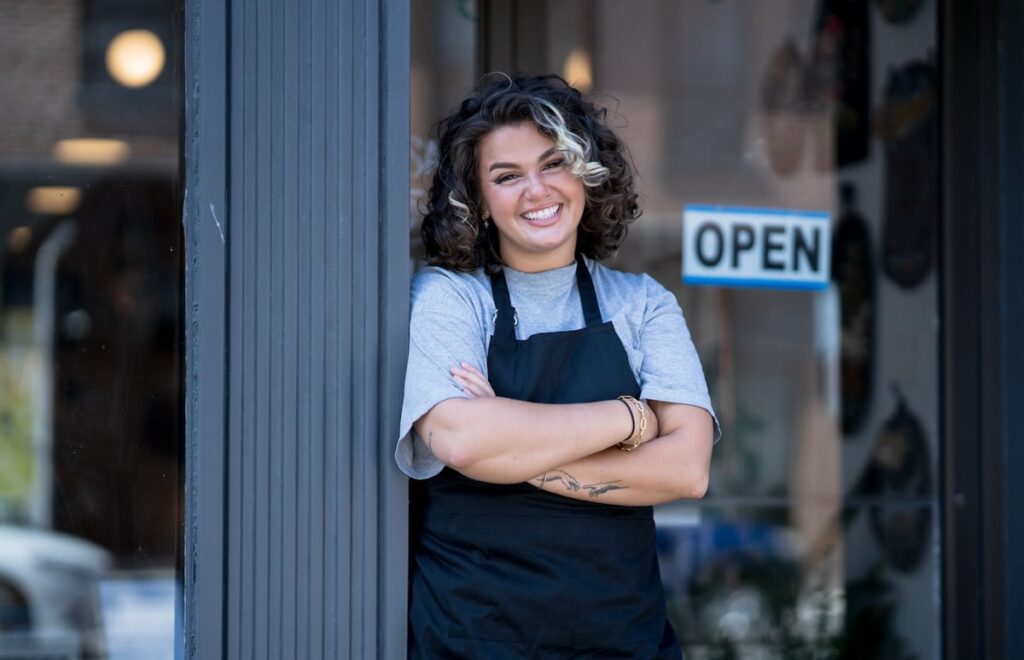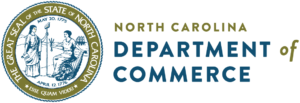In England, an innovative programme is now recruiting individuals who aspire to make a difference in the world. This initiative, aimed towards community business leaders and social entrepreneurs, provides the opportunity to tackle societal issues while fostering a new wave of social enterprise.
A number of entrepreneurs, like Ayve Couloute, the founder of ‘Girls Into Coding,’ and Stephen Arnott, the founder of Beats Bus Records, are spearheading projects with social aims. For example, in Liverpool, a community came together to establish Kitty’s Launderette, a cooperative ecological laundry, and community hub. All these leaders have one thing in common – they are fellows of the School for Social Entrepreneurs (SSE).
SSE recently launched a five-year project called ‘Trading For Good’ supported by Power to Change and The Dulverton Trust, in collaboration with The National Lottery Community Fund. Owing to National Lottery players, nearly £5m has been awarded to support over 650 community businesses and social entrepreneurs across England.
Alastair Wilson, CEO of SSE, emphasises the need for people with a unique blend of mission and financial acumen. These individuals might either have lived experiences to offer or brilliant ideas that could benefit underserved communities or broken markets.
Social enterprises are businesses that are driven by a social or environmental mission. According to Social Enterprise UK’s latest report, there are approximately 131,000 such organisations in the UK. These businesses collectively employ around 2.3 million people and turn over around £78bn. In the last financial year, out of a £1.2bn profit, £1bn was reinvested back into their social and environmental missions. Despite significant economic challenges, the sector has demonstrated resilience.
Dean Hochlaf, head of policy at Social Enterprise UK, states that social enterprises are critical for the economy as they embody the kind of business behaviours that encourage growth. These enterprises, while staying competitive, utilise their profits to invest in their social missions. This not only aids in addressing pressing societal issues but also sets the foundation for a healthier economy.
Times of social and political upheaval often see social enterprises coming to the forefront, suggests Wilson. SSE’s ‘Trading For Good’ programme is an apt response to this. It is designed to support community businesses and social enterprises at various stages of their journey. It offers a combination of an online and offline learning programme and Match Trading grants.
Wilson highlights that a crucial part of the programme is to connect people to resources and networks they were previously unaware of. This network can help them to kickstart their journey.
The programme has helped many entrepreneurs like Mirella Ferraz, co-founder of Share Shed, a mobile ‘library of things’ in Devon. She found the ‘action-led learning’ method useful for identifying and addressing challenges. She also appreciated the collaborative environment and the opportunity to work with a cohort, which she finds empowering.
Tessa Morton, who launched Act for Autism, needed help with funding in the unfamiliar third sector world. The funding she received from the programme enabled her to think about expanding her business. She was also able to write a book which helped elevate her passion project into a successful business in the third sector world.
Another success story is ‘Girls Into Coding,’ a social enterprise that experienced a 144% growth after joining the SSE programme. The programme helped the mother-daughter duo, Helene Virolan and Ayve Couloute, cover a range of topics from marketing to finance. The strategic thinking encouraged by the programme and the ongoing support even after its completion was highly beneficial for them.





